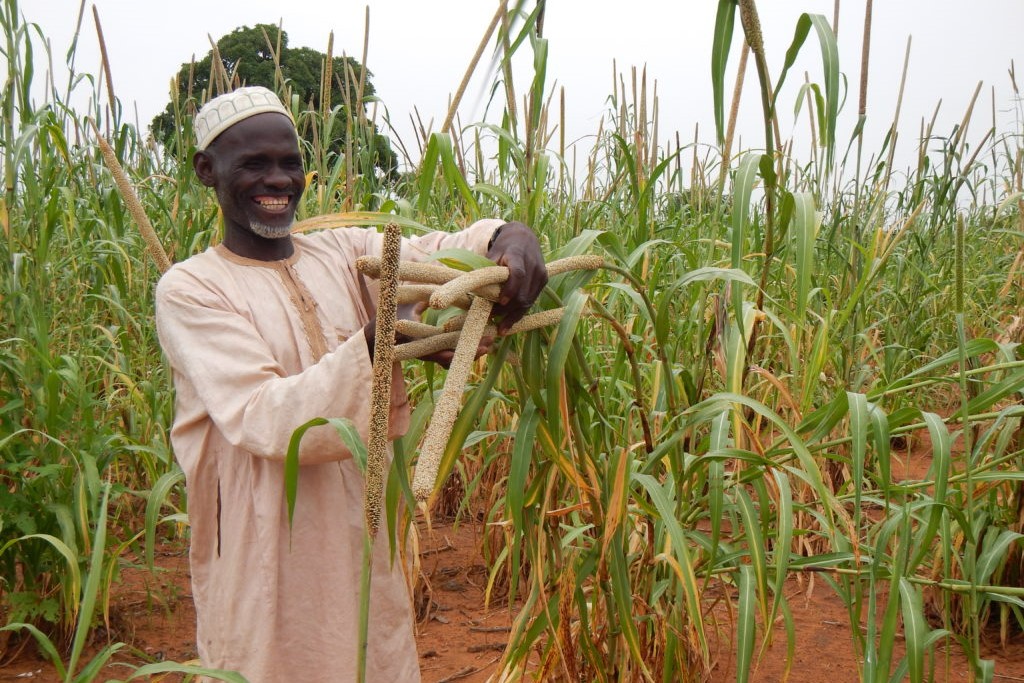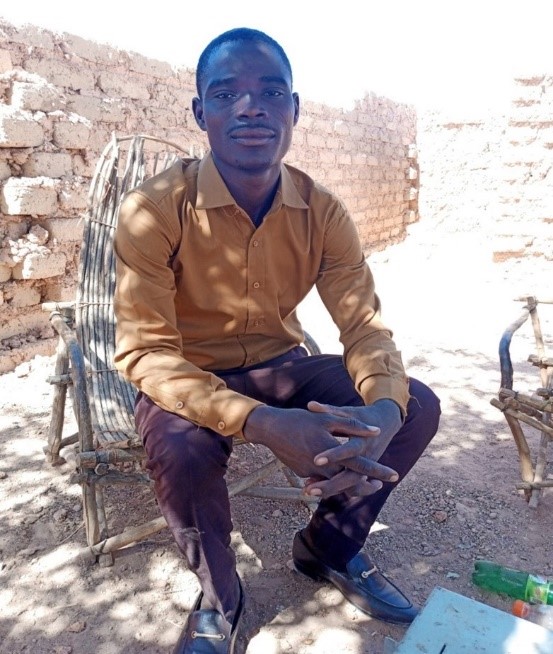West Africa
$59,250 needed of $120,000

Implementing Organization
World Renew
Program Summary
The West Africa program works to improve production of, access to, and use of food in over 70 villages. Training encompasses conservation agriculture, tree preservation and reforestation, gardening and nutrition, village savings and loans, small business management, raising animals, as well as health and hygiene. Through these combined approaches and by focusing on increasing the knowledge and capacities of partner staff and local facilitators, over 2,400 participants are improving their food security. The local partner, SEL, is a small organization whose goal is to “show everyone love” regardless of their religion or ethnicity, by helping people improve their food security. Due to the challenging security context in this region, the program partners request that we do not publicly share information regarding their specific location for the safety of their staff.
Success Stories

Good Fences Make Good Neighbors
The money Lagbemba was able to save with his VSLA (Village Savings & Lending Association) group has made a big difference in his quality of life, helped him start a small business, and inspired others.
While most VSLAs are made up of women in rural communities, town-dweller Lagbemba was grateful to have a chance to join one. He has a job, but his earnings were taken up by feeding and clothing his family, and he just couldn’t swing the equivalent of two months’ pay for the bricks & workers he needed to build a traditional wall around his home.
“For years, my house didn’t have a fence. Everything that happened in my yard could be seen from afar. People took shortcuts through my property until they created a public path. We could never keep it swept free of their trash. And if we were away for more than a day or so, things left outside went missing.”
He shared his concerns with an “indigenous animator” from the program who advised him to join a VSLA. Once Lagbemba understood the workings of these tried-and-true groups, he joined immediately. VSLAs generally meet weekly, require a minimum amount of money to be saved, and can make small loans to members as well as be a source of companionship and advice.
“At the first 12-month payout, I ended up with twice what I needed to build the wall, without even feeling the weight of what I was taking out of my salary. I used a little of the remaining half to buy a sheep to raise, and the rest went to look after my family.
“Now that we have privacy and a perimeter, no one can cut through our courtyard, we feel safer, and theft has been reduced. And I sold that sheep for more than what it cost to build the wall, so I’ve continued with my small breeding business. I’ll keep saving now that I’ve seen what can come of it.”
Lagbemba’s colleagues have all inquired how he made this happen, and he was happy to share what he’d learned. He’s grateful for the way in which local partner Showing Everyone Love has raised people’s awareness in a culture unaccustomed to putting away money for the future.
West Africa Program
Led by World Renew and Local Partner Showing Everyone Love (SEL)
